I have the following code which is supposed to drop a shell, however, after I run the code nothing appears to happen. Here is the code that I have. This was taken from the shellcoder's handbook.
`
char shellcode[] =
"\xeb\x1a\x5e\x31\xc0\x88\x46\x07\x8d\x1e\x89\x5e\x08\x89\x46"
"\x0c\xb0\x0b\x89\xf3\x8d\x4e\x08\x8d\x56\x0c\xcd\x80\xe8\xe1"
"\xff\xff\xff\x2f\x62\x69\x6e\x2f\x73\x68";
int main()
{
int *ret;
ret = (int *)&ret + 2;
(*ret) = (int)shellcode;
}`
I compile it using gcc -fno-stack-protector -z execstack shellcode.c -o shellcode
When I run it the following happens.

The expected result is the following.

Here is the code that produces the above results:
int main()
{
char *name[2];
name[0] = "/bin/sh";
name[1] = 0x0;
execve(name[0], name, 0x0);
exit(0);
}
I am not sure why this is happening. I am using Ubuntu on Windows 10. This might not effect my results but I have disabled ASLR. That might be an issue. I have not tried this on a VM just yet. I wanted to try and figure out why this is not working before I did that. If this is unclear please let me know and I will be happy to clarify any details.
I appreciate all of your help in advance.
--UPDATE--
I was able to get the assembly instructions from the shellcode I provided.
Does anyone see any issues that would cause a shell not to be dropped?
